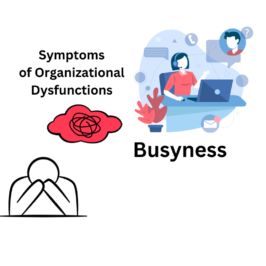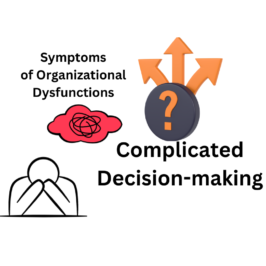I was recently talking with a friend of mine, Eriko Grill (who also happens to be my Zumba instructor). She is a graphic designer with her own company (http://www.savvycool.com/). She’s very interested in starting a networking group with other business owners, but she wants it to be meaningful for all involved. Eriko read my last blog post and the themes outlined there clicked with her.
In my post I talked about collaboration research and how it shows that what we think of as collaboration may not be collaboration at all. It may be just networking or coordination, both of which may be useful for your group, but they can only take you so far. Eriko hopes that her networking group members will truly collaborate.
I told Eriko about the research my colleague and I did: in studying collaboration we didn’t just read articles; we also interviewed groups that were successfully collaborating. Overwhelmingly, they talked about the need to ensure equity among group members and to build strong relationships and trust. Interviewees said that these relationships are built slowly and must be nurtured. Here are a couple of representative quotes from my interviews:
“Our work is very much built on trust. If one agency doesn’t take over then the model can work. But if one agency contributes more (staff, resources, ideas) than the other agencies then the agencies contributed less begin to buy in less.”
“Working together is sometimes harder than it looks from the outside. We’ve been at it for 10 years and haven’t got it all yet”.
They also talked about the need for a shared language. Every organization has its own terminology and acronyms. These successful collaborative groups took time to explain them to their peers, even creating a glossary in some cases.
What were the barriers to collaboration? A big one was “not showing up.” The collaborative members talked about arriving at a meeting only to find out that a key person hadn’t come. Of course there are occasions when an absence is unavoidable, but ongoing attendance helps ensure that your efforts will be successful.
The other barrier that was cited most often was that the organizations involved in the collaboration had different goals. They weren’t all in it for the same reason. Of course that can affect buy in. And the time to determine what your respective goals are is early on in the process.
I encourage Eriko to go ahead and start that networking group, and to have high expectations for it. She just has to realize that creating a truly collaborative group will take time, energy and some strong relationships.






